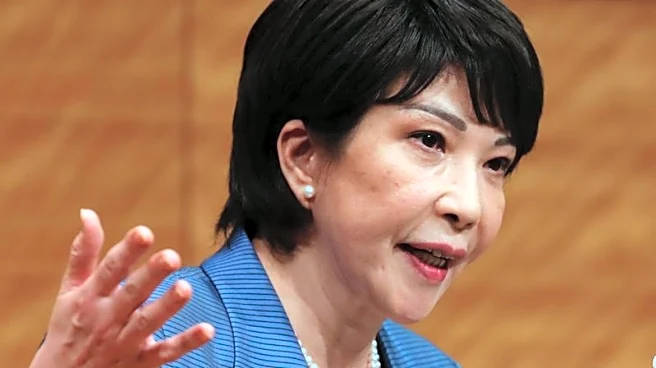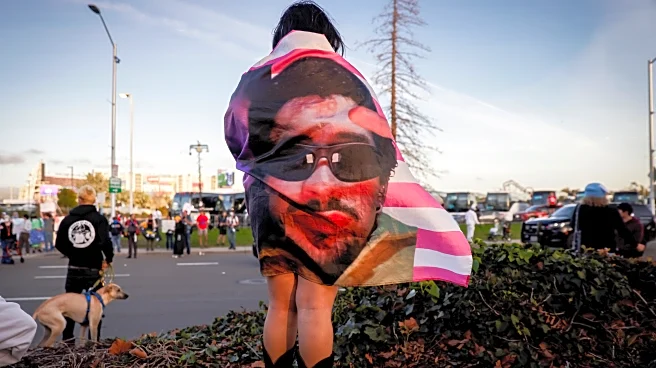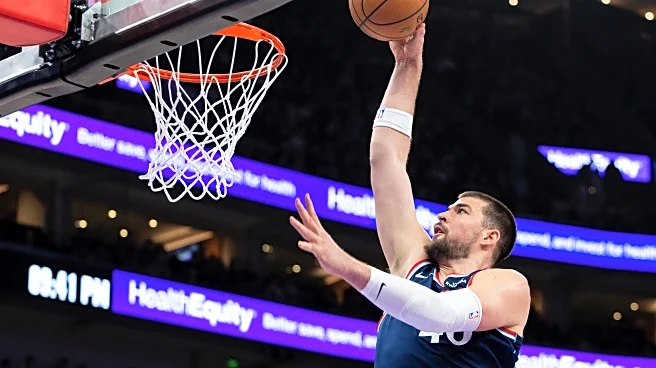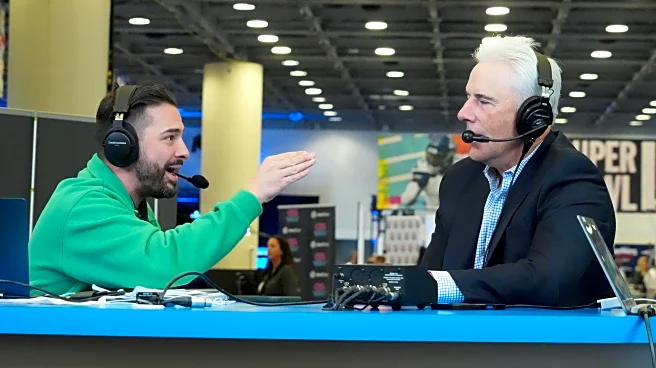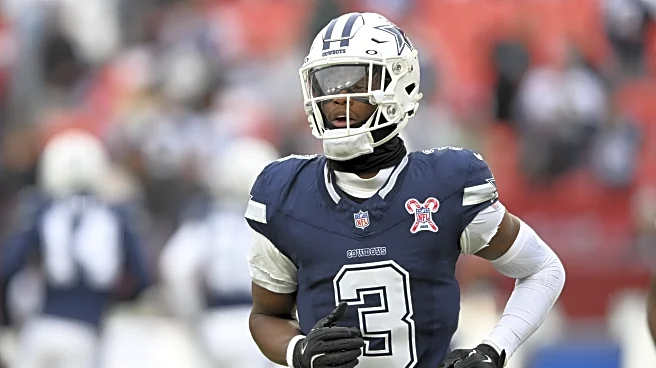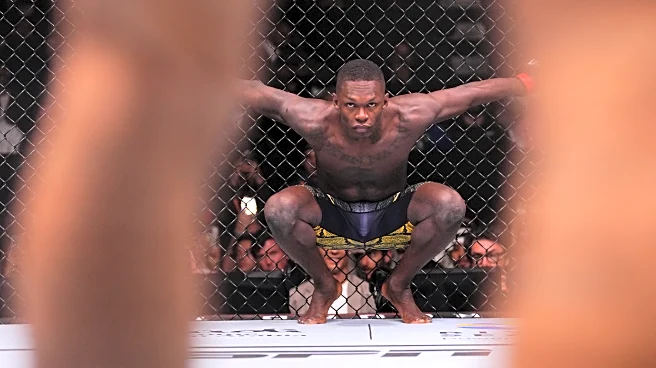Rapid Read • 8 min read
Former U.S. Surgeon General Dr. Jerome Adams has criticized Health and Human Services Secretary Robert F. Kennedy Jr. for his delayed response to a shooting at the CDC headquarters in Atlanta. The incident involved a gunman, identified as Patrick Joseph White, who killed police officer David Rose before being stopped by guards. White, who had expressed distrust of COVID-19 vaccines, targeted the CDC and opened fire from across the street. Adams accused Kennedy of failing in his leadership by taking over 18 hours to issue a response and suggested that Kennedy's past rhetoric may have contributed to the incident. Kennedy's statement condemned the attack and expressed condolences to Officer Rose's family, emphasizing the need for solidarity with public health workers.
AD
The criticism from Dr. Adams highlights the ongoing tensions surrounding public health and vaccine policies in the U.S. The shooting underscores the risks faced by public health workers amid rising anti-vaccine sentiment. Kennedy's handling of the situation is significant as it reflects broader challenges in managing public health crises and addressing misinformation. The incident may impact public trust in health institutions and influence future policy decisions regarding vaccine safety and public health security. Stakeholders in the health sector, including government officials and public health advocates, are likely to scrutinize Kennedy's actions and rhetoric in the wake of this tragedy.
The aftermath of the CDC shooting may prompt increased security measures at public health facilities and a reevaluation of communication strategies by health officials. Kennedy's leadership and policy decisions will likely be closely monitored, especially concerning vaccine research and public health safety. The incident may also lead to discussions on how to effectively counter misinformation and protect health workers from violence. Public health organizations and government agencies may collaborate to develop strategies to address these challenges and ensure the safety of their employees.
The shooting at the CDC highlights deeper issues related to the politicization of health and vaccine debates in the U.S. The incident may exacerbate existing divisions and fuel further distrust in health institutions. Ethical considerations regarding the balance between free speech and public safety are likely to arise, as well as discussions on the role of government in regulating health-related misinformation. Long-term implications may include shifts in public health policy and increased advocacy for protecting health workers from violence.
AD
More Stories You Might Enjoy




